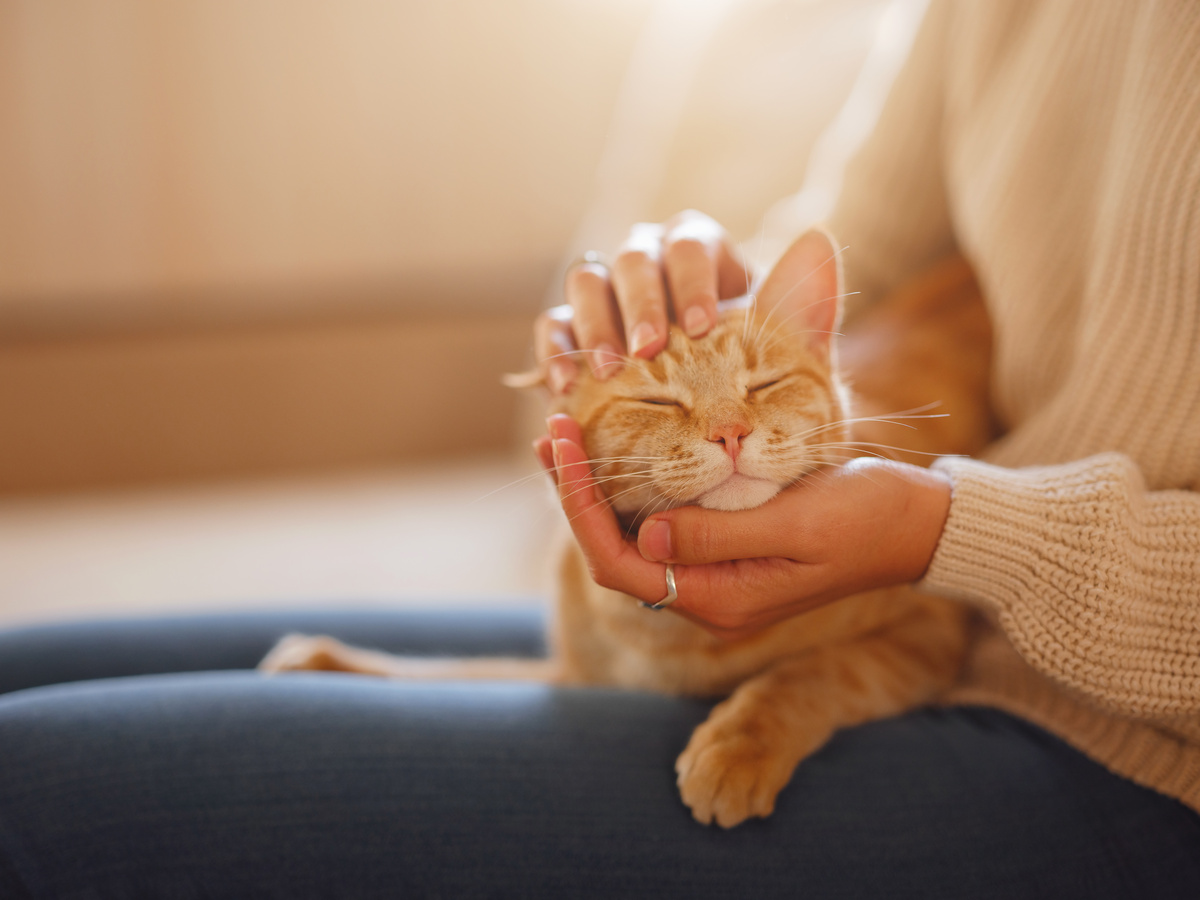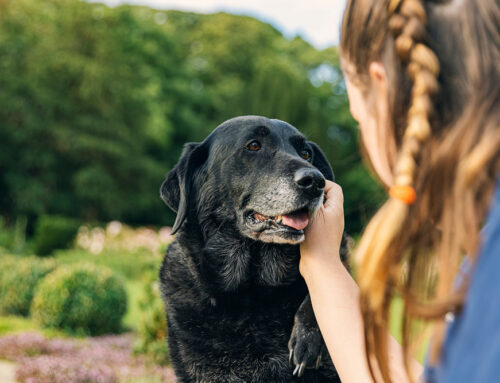As our beloved companions enter their senior years, understanding their changing needs becomes essential for providing the best possible care. Age, chronic conditions, or illnesses can affect your pet’s comfort and daily routine, making it essential to monitor their well-being and adjust their care accordingly.
At Mountain View Animal Hospital & Holistic Pet Care, we understand the importance of supporting you and your aging pet through this natural life stage. Our AAHA-accredited hospital has guided countless families through senior pet care, providing compassionate support while honoring the deep bond you share with your companion. We believe in collaborative care between you and our veterinary team, ensuring your pet’s comfort and happiness remain the top priority throughout their golden years.
Evaluating Daily Comfort and Pain Levels
Regular monitoring of your pet’s comfort begins with observing their daily well-being and behavior patterns. Pain can be subtle in animals, often showing through changes in behavior rather than obvious distress.
Watch for signs that your pet may be experiencing discomfort. Do they hesitate before lying down or getting up? Are they panting more frequently without physical exertion? Changes in breathing patterns, reluctance to move, or seeking isolation may indicate they’re experiencing discomfort that could benefit from additional support.
Consider their appetite and interest in food. While some appetite changes occur naturally with age, senior pets typically maintain some interest in meals or favorite treats. Changes in eating habits may signal they need dietary adjustments or additional comfort measures.
Mobility and Independence Assessment
Your pet’s ability to perform basic functions independently plays a crucial role in their daily comfort and happiness. Evaluate whether they can still reach their food and water bowls, access their preferred resting areas, and manage bathroom needs with dignity.
For dogs, consider whether they can still enjoy short walks or show interest in going outside. For cats, assess their ability to reach their litter boxes and favorite perching spots. When pets struggle with these basic functions, simple environmental modifications can often help them maintain independence and comfort.
Accidents in the house, particularly when your pet appears distressed by them, often signal changes in physical function that can be supported through routine adjustments, more frequent outdoor breaks, or additional comfort measures. Senior pets benefit from patience and understanding as their bodies change.
Emotional Well-Being and Social Connection
A pet’s emotional state provides valuable insight into their overall well-being and happiness. Senior pets with good quality of life typically maintain some level of social engagement and emotional responsiveness.
Notice whether your pet still seeks comfort from you during quiet moments or shows recognition when you return home. While they may be less energetic, aging pets often still respond to gentle attention or their favorite activities, even if their participation looks different from when they were younger. Some questions you can ask yourself to evaluate your pet’s emotional well-being include:
- Does your pet still show interest in your presence or interaction with you?
- Do they have moments of contentment or peace throughout the day?
- Are they able to rest comfortably, or do they seem restless and anxious?
- Do they still respond to gentle affection or familiar voices?
Watch for signs of withdrawal or anxiety, which may indicate they need additional comfort measures or environmental adjustments. Many behavioral changes in senior pets can be addressed through routine modifications, gentle exercise, or veterinary support.
Regular Comfort and Well-Being Monitoring
Regular monitoring helps you track changes in your pet’s condition and provide the best possible care. Consider keeping a simple daily record of their comfort levels, appetite, mobility, and emotional state.
Many families find it helpful to rate different aspects of their pet’s day on a simple scale. You might observe their comfort levels, appetite, mobility, and happiness each day, noting patterns that emerge over time. This information proves invaluable when discussing care options with your veterinary team.
Document both challenging moments and times when your pet seems comfortable and content. These observations help create a complete picture of their current well-being and guide decisions about enhancing their ongoing care.
Working with Your Veterinary Team for Ongoing Care
A professional veterinary assessment, combined with your daily observations, creates the most complete understanding of your pet’s current needs and comfort level. Your veterinarian can help identify medical options that may improve your pet’s comfort and discuss realistic expectations for managing their changing needs.
During appointments, share specific examples of changes you’ve noticed rather than general concerns. Details about eating habits, sleep patterns, mobility changes, and social behavior help your veterinary team understand your pet’s current experience more thoroughly.
Your veterinary team can also discuss pain management strategies, comfort measures, and modifications that enhance your pet’s daily experience. Many pets benefit from adjustments to their environment or care routine that can improve their comfort as they age.
Understanding Your Senior Pet’s Individual Needs
Ultimately, you possess the deepest understanding of your pet’s personality, preferences, and normal behaviors. This understanding makes you uniquely qualified to recognize changes and provide individualized care that meets their evolving needs.
Senior pet care focuses on ensuring your pet experiences comfort, contentment, and dignity in their daily life, with support adapted to their current abilities and needs.
Your ongoing care decisions are guided by your pet’s unique needs and your family’s specific circumstances. There’s no universal standard that applies to every senior pet, and what matters most is providing compassionate, attentive care that honors your pet’s unique personality and needs.
Comprehensive Senior Pet Care Support
Mountain View Animal Hospital & Holistic Pet Care has served the Nevada community for years, providing compassionate integrative care that honors the bond between pets and their families. Our Fear-Free, Feline-Friendly approach focuses on treating the whole pet—mind, body, and soul—while supporting you through every stage of your pet’s life.
Located on our beautiful 3-acre property, featuring private and serene areas, our AAHA-accredited team understands that senior pet care requires both medical expertise and deep compassion. We’re here to listen, guide, and support you with the understanding that your pet’s comfort and your peace of mind are our highest priorities. For more information about our senior pet care services or to schedule a consultation, please call us at (775) 853-6900 or complete our online contact form.









Leave A Comment